The past week has seen a big fuss in the animation and comics communities over the expiration of the copyright of early versions of Mickey Mouse, meaning that after 96 years, his first three shorts, including Steamboat Willie, originally animated for the most part by Ub Iwerks, are now public domain and free for anyone to use (although the added soundtracks to the first two are still under copyright in the United States until next year).
The change in copyright came on 1st January 2024, Public Domain Day. Works from 1928 are open to all, as are sound recordings from 1923. Find out what else is now in the US Public Domain, including DH Lawrence’s novel, Lady Chatterley’s Lover, the original version of A.A. Milne’s House at Pooh Corner, and the film, The Man Who Laughs, directed by Paul Leni, which inspired Batman villain, The Joker, here.
The “Steamboat Willie” version of the mouse was black and white, had long skinny appendages with no gloves on his hands, didn’t speak and had solid black eyes. Disney still hold the copyright to all other versions and still retains the Mickey Mouse trademark. We can assure you, Disney has the Mouse very well protected and that their lawyers are sitting there, quietly waiting for someone to get out of line…
Here’s just a few of the homages posted by various creators…
Steamboat Willie by Dave Alvarez
Steamboat Willie by Francesco Francavilla
Steamboat Willie by B11Mech

Sailor Man Mickey by Meech Doodle
Steamboat Willie by Lew Stringer
Steamboat Willie by Dave Windett
Mickey Mouse Trademark and Copyright – Dos and Don’ts
Want to Draw your own version of “Steamboat Willie”? Here’s a quick guide to Dos and Dont’s…
What’s in the public domain?
As Ryan Holmberg notes here as part of a useful guide, the public domain includes not only works over which copyright has expired or never existed, but also uncopyrightable aspects of contemporary works – such as ideas, stock elements, and unoriginal material.
The 1928 “Steamboat Willie” version, and the “Plane Crazy” version, as well – Mickey in black and white, with no gloves.
So I can do anything I like with Mickey Mouse?
No. Disney still owns the character, and Mickey Mouse, both character and name, is still protected by the copyright laws (primarily protecting the rights of people who create literary, dramatic, musical, artistic, and certain other original works (like history tests, and software code), and trademark worldwide (which protects the use of a company’s name and its product names, brand identity (like logos), and slogans.
So… You can’t create another black and white mouse and call it Mickey Mouse, or market or sell the image of Mickey Mouse without a license from Disney.
However…
The public does have the right to creatively use the first black-and-white Disney characters such as Mickey and Minnie Mouse strictly as they appear in the 1928 animated short film, Steamboat Willie, and the 1928 silent version of the short film, Plane Crazy – but not the aggregated later Mickey that, for example, appears in Fantasia.
Further Reading
• Ryan Holmberg – Mickey Mouse and What is Public Domain?
Some thoughts on Steamboat Willie coming into the public domain, and the possibility of pirate Japanese Mickey Mouse becoming legal to reprint now, by Ryan Holmberg
• NPR: ‘Steamboat Willie’ is now in the public domain. What does that mean for Mickey Mouse?
• Find out what else is now in the US Public Domain here
• Keep posted on what is in the Public Domain by following Public Domain Review
The founder of downthetubes, which he established in 1998. John works as a comics and magazine editor, writer, and on promotional work for the Lakes International Comic Art Festival. He is currently editor of Star Trek Explorer, published by Titan – his third tour of duty on the title originally titled Star Trek Magazine.
Working in British comics publishing since the 1980s, his credits include editor of titles such as Doctor Who Magazine, Babylon 5 Magazine, and more. He also edited the comics anthology STRIP Magazine and edited several audio comics for ROK Comics. He has also edited several comic collections, including volumes of “Charley’s War” and “Dan Dare”.
He’s the writer of “Pilgrim: Secrets and Lies” for B7 Comics; “Crucible”, a creator-owned project with 2000AD artist Smuzz; and “Death Duty” and “Skow Dogs” with Dave Hailwood.
Categories: Animation, Comic Art, Comics, downthetubes News, Other Worlds
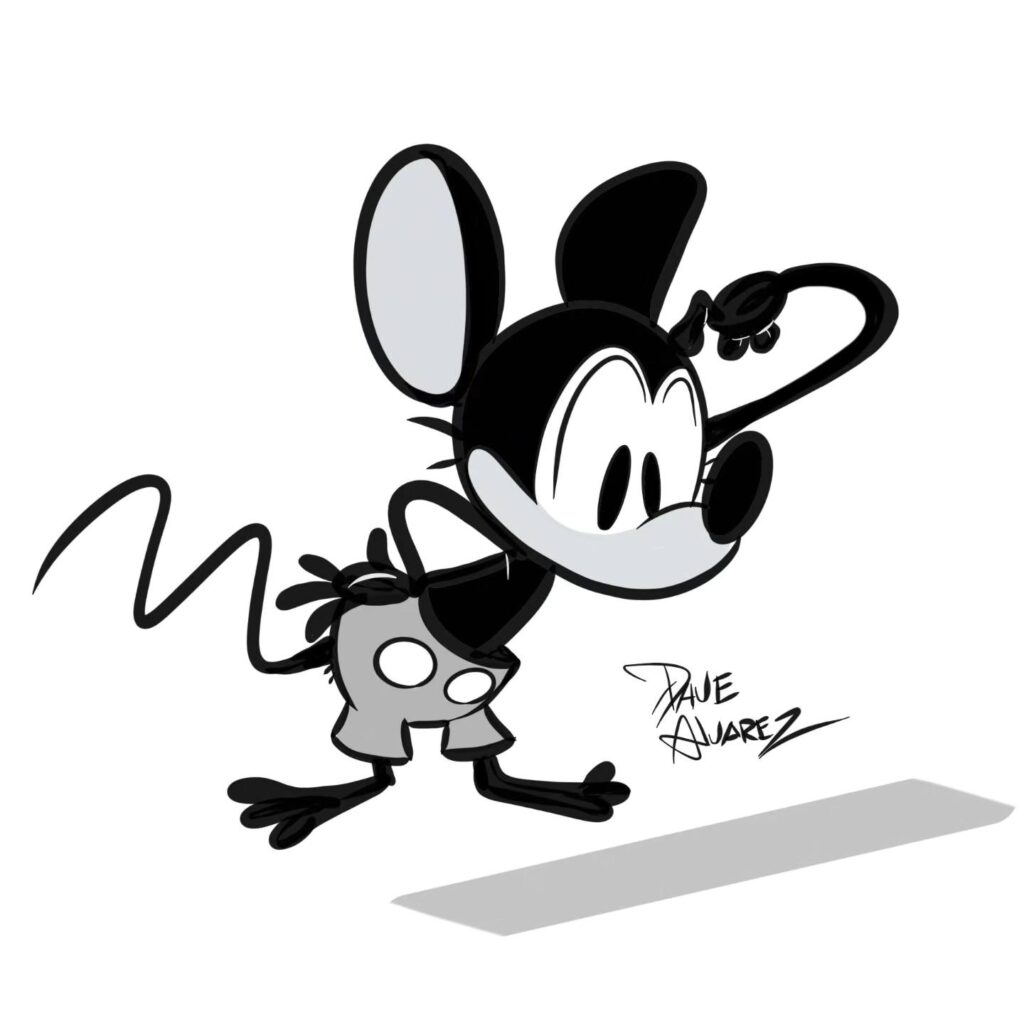
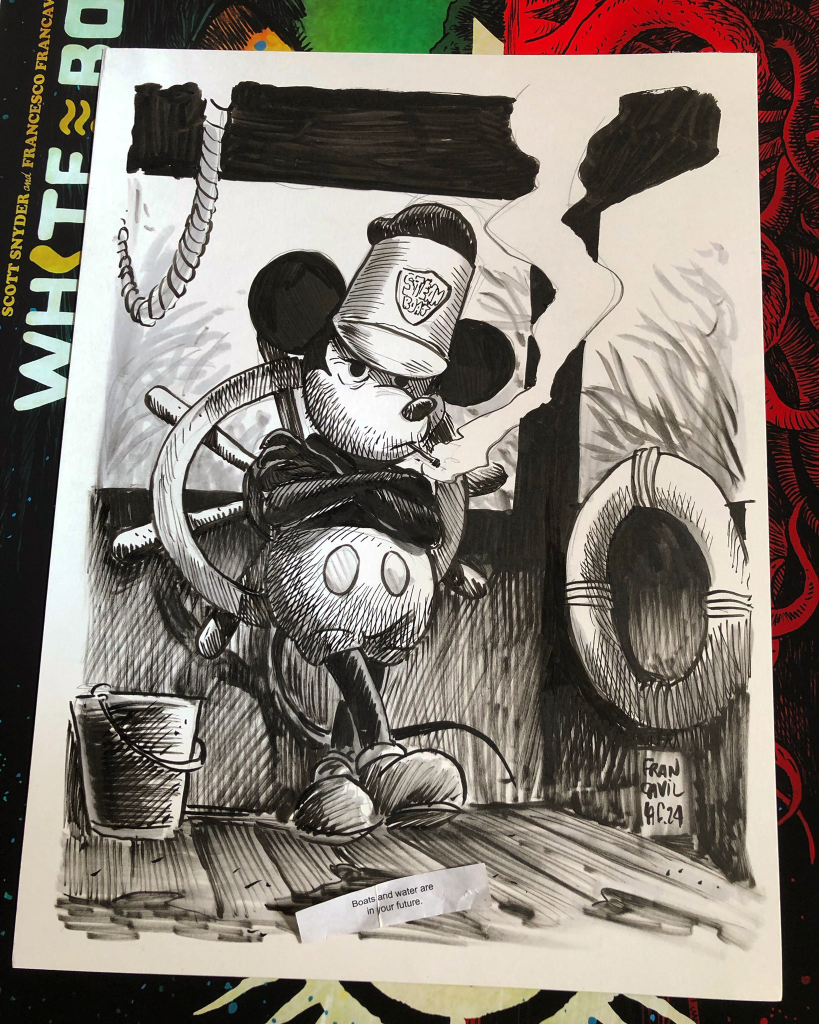
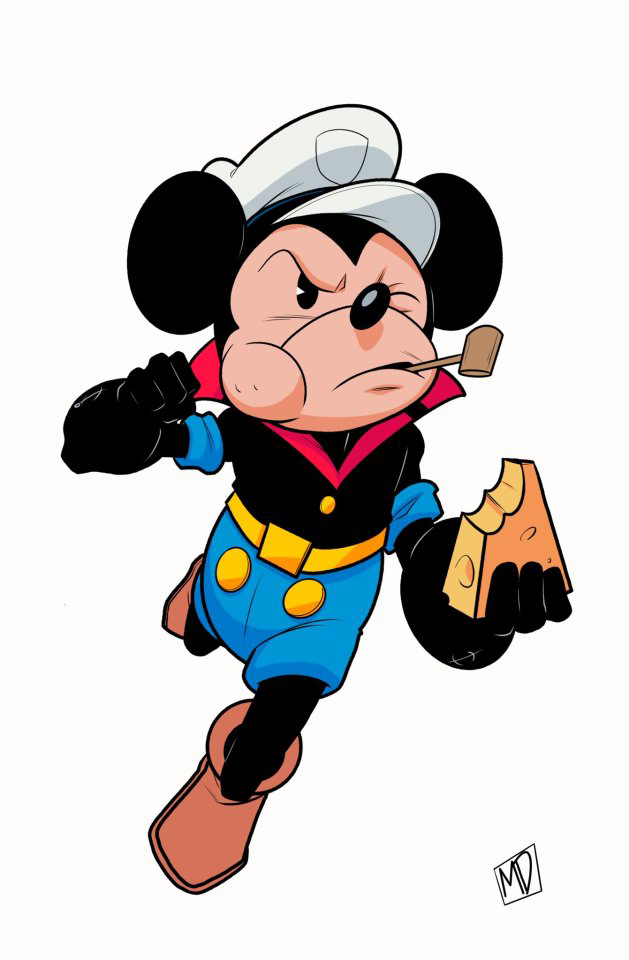
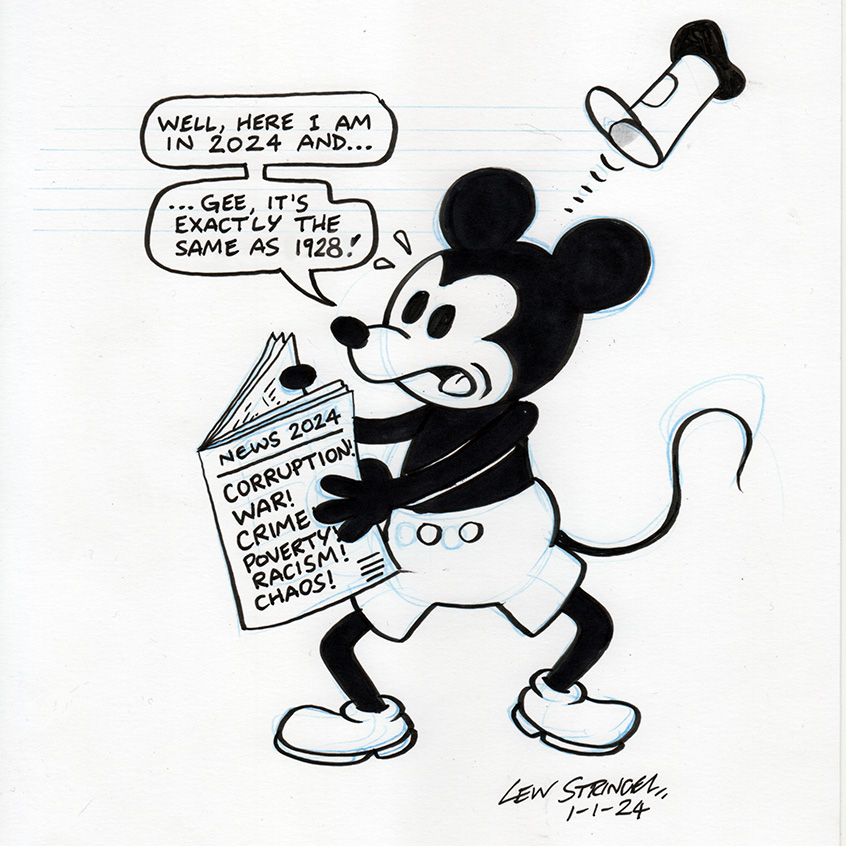
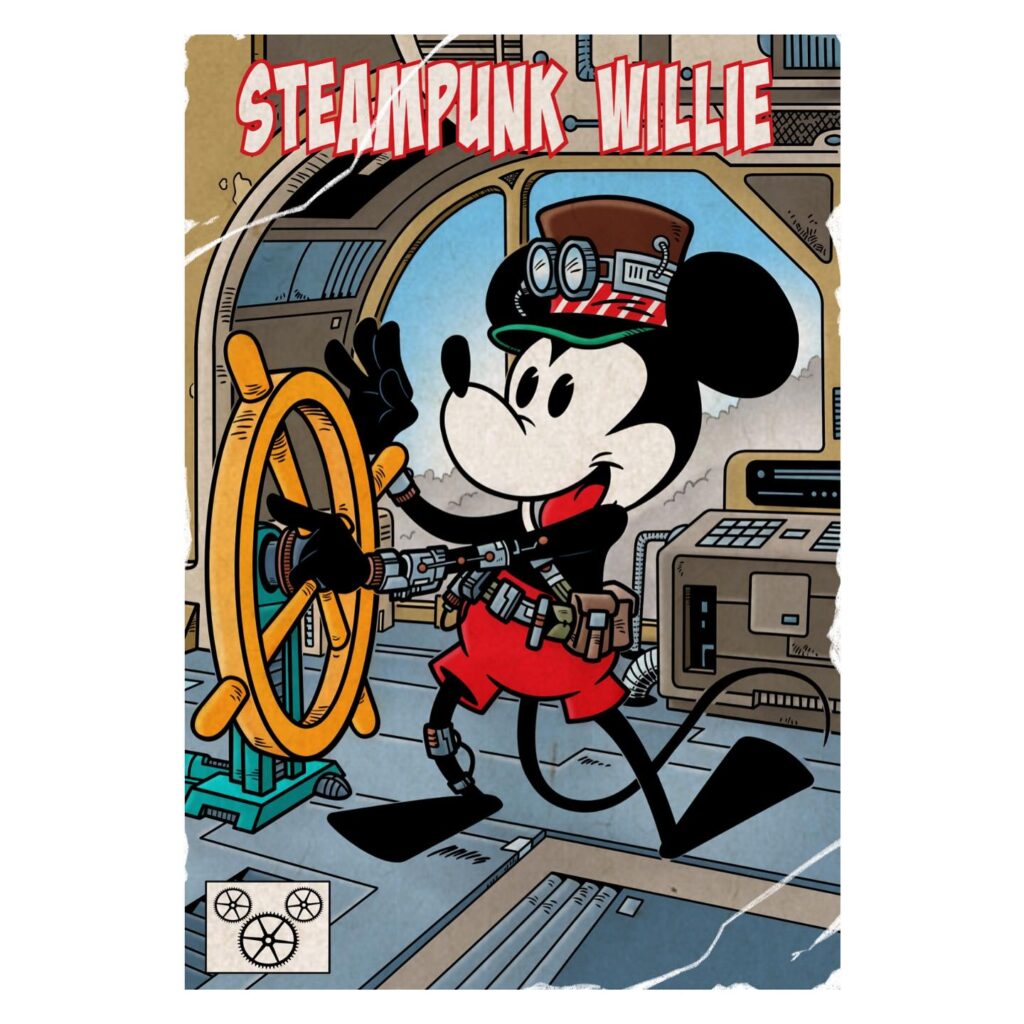
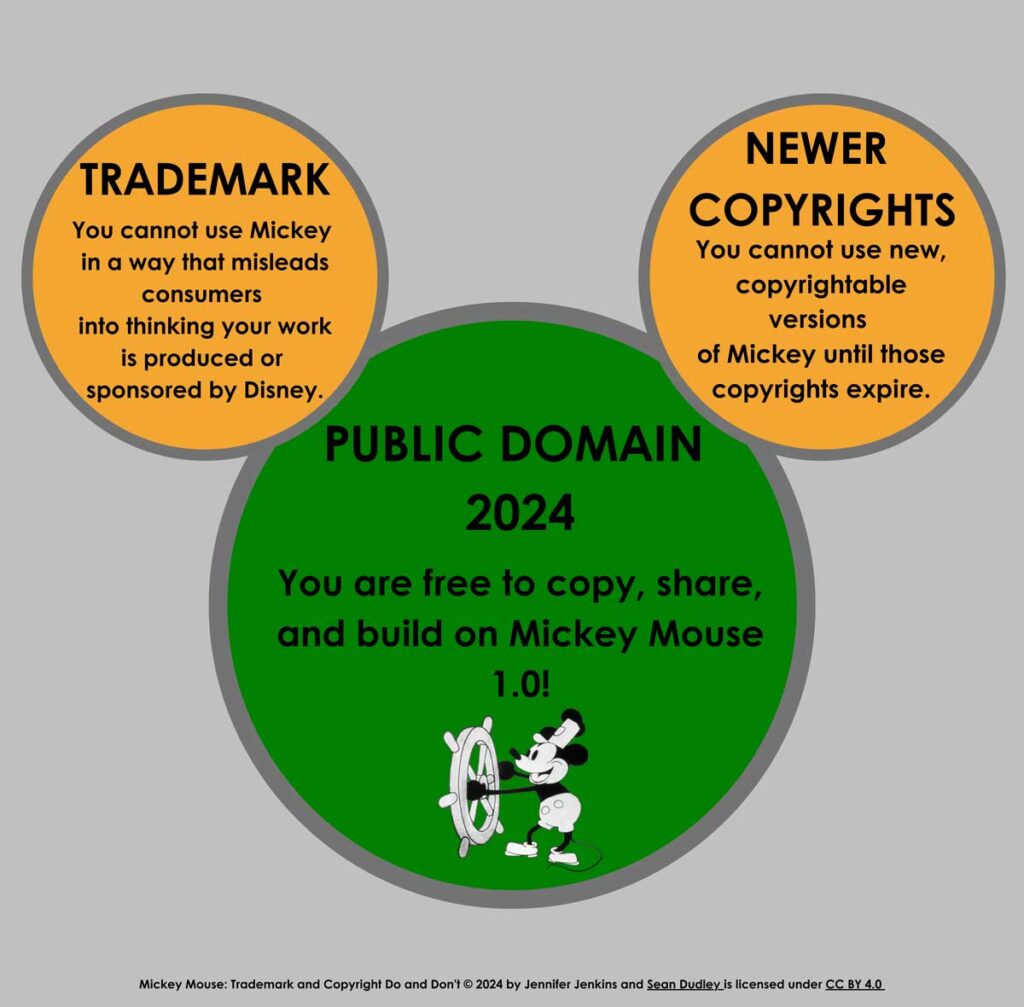
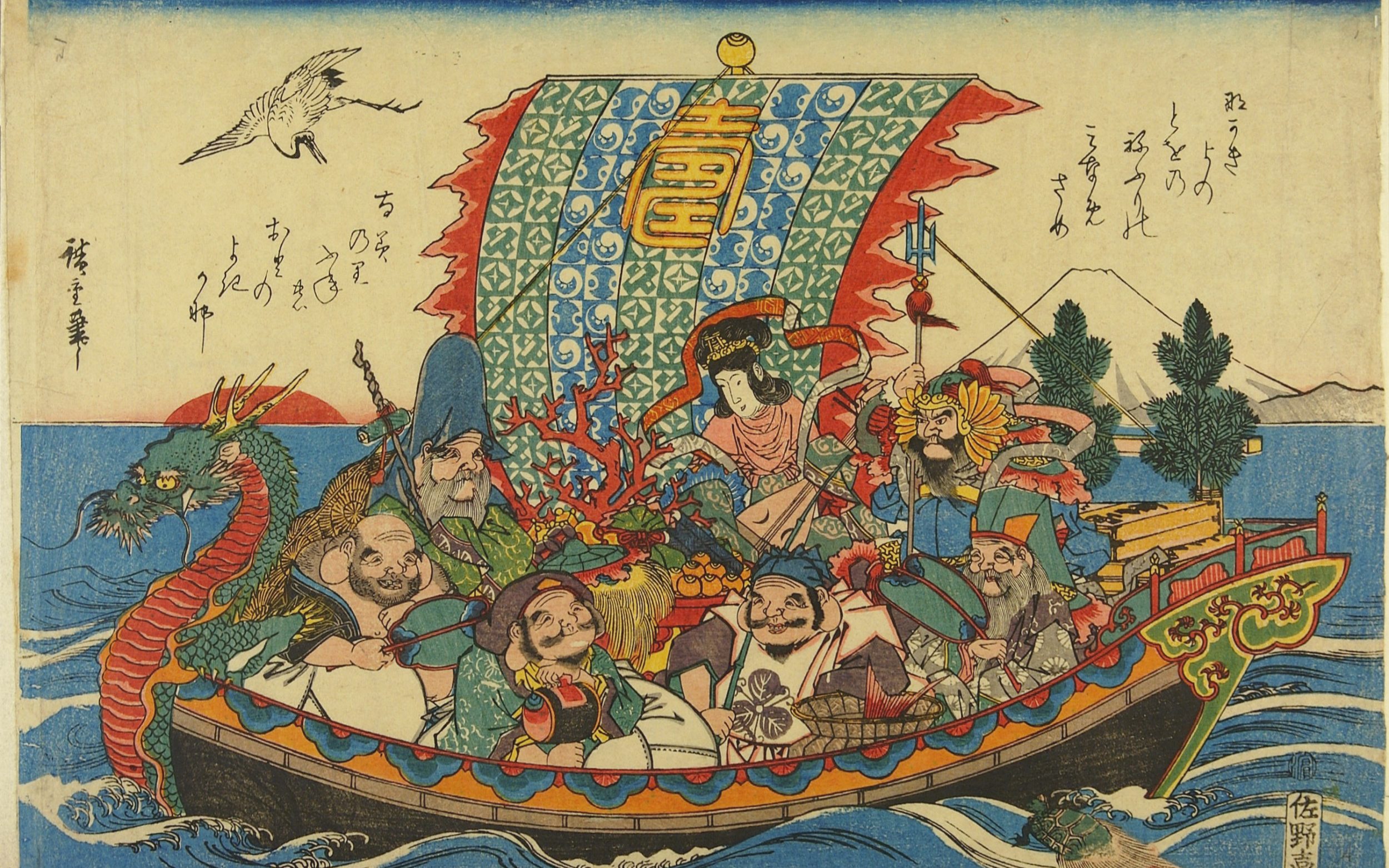 Japan: Myths to Manga Exhibition opens at Young Victoria and Albert Museum
Japan: Myths to Manga Exhibition opens at Young Victoria and Albert Museum  Non-code Amazing Spider-Man, Reg Parlett art, early Commando and more offered in latest Phil-Comics eBay auction
Non-code Amazing Spider-Man, Reg Parlett art, early Commando and more offered in latest Phil-Comics eBay auction  Tube Surfing: Dave Gibbons, a Breaking into Comics guide, a shameless plug, and some stunning Batman art
Tube Surfing: Dave Gibbons, a Breaking into Comics guide, a shameless plug, and some stunning Batman art  Comics Abroad: A Visit to the Cartoon Art Museum, San Francisco
Comics Abroad: A Visit to the Cartoon Art Museum, San Francisco